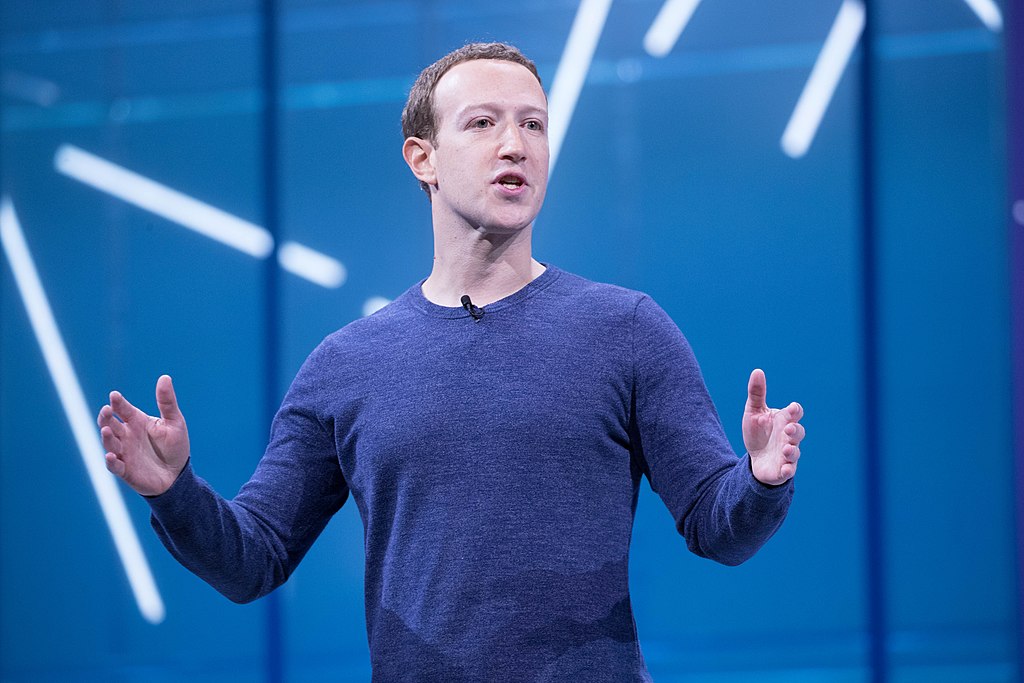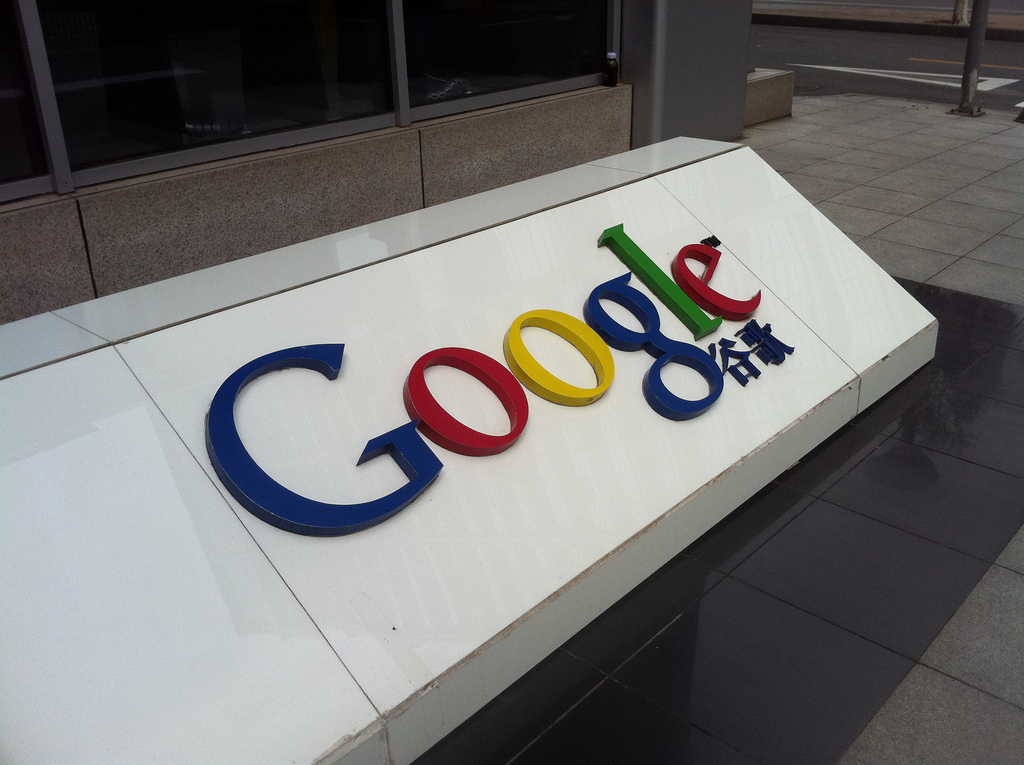On Friday, the first two episodes of Obi-Wan Kenobi — the latest installment in the ever-growing Star Wars franchise — were released on Disney+. The episodes went live at midnight Pacific Time – yet within minutes of their release, YouTube was rife with reaction and review videos featuring thumbnails spoiling all kinds of details from the show.
This kind of behavior isn’t the sole realm of malicious internet trolls.
Many otherwise reputable entertainment sites do the same thing, posting spoilerific headlines and thumbnails only days — or sometimes even hours — after a movie or television episode premieres. Sometimes, even the content creators themselves are guilty of this behavior. Last year’s Spider Man: No Way Home featured many surprising cameos from the last two decades of Spider Man films. Some of these cameos were clearly advertised in trailers preceding the film’s cinematic release, but others (arguably, the best) were preserved for theatergoers to discover on opening night. Sadly, however, Sony Pictures decided to spoil these very same cameos in the marketing for the home video release of the film, preventing anyone waiting to watch the movie at home from experiencing the same sense of surprise and wonder as theatergoers.
These spoilers are certainly annoying, but are they morally wrong? This is a question taken up by Richard Greene in his recent book Spoiler Alert!, and previously touched upon by fellow Prindle Post author A.G. Holdier. Here, however, I want to argue not only that spoilers are morally wrong, but that the reason for this is that they are inherently classist and ableist.
Spoilers are classist because certain barriers exist to immediately consuming entertainment upon release, and these barriers are more easily overcome by those of a higher socio-economic status.
Take, for example, the premiere episodes of Obi-Wan Kenobi. If you wanted to completely remove the risk of being spoiled for these episodes — and lived on the East Coast of the USA — you’d need to be up at 3am on Friday morning to watch them. Many people — including lower- to middle-income earners working a standard 9-to-5 job — are simply unable to do this. There are financial barriers, too. Going to the cinema isn’t cheap. The average cost of a movie ticket is $9.16, meaning that a family of four will pay more than $35.00 to see the latest release on the big screen (ridiculously expensive popcorn not included). This means that for many families, waiting for the home video release (where a movie can be rented for less than five dollars) is the only financially viable way of enjoying new movies.
Spoilers are ableist for similar reasons. While cinemas strive to provide better accessibility for those with mobility issues and audio and visual impairments, there are still many people for whom the theatergoing experience is unattainable. Those who are neurodiverse, have an intellectual disability, are immunocompromised, or suffer from ADHD are often unable to enjoy films during their theatrical run, and must wait for these movies to finally come to home video. Spoilers strip these less-able individuals of their ability to enjoy the very same surprises as those who can attend theaters.
The current pandemic provides yet another reason why someone may avoid the theatre. Released on December 17th 2021, Spider Man: No Way Home arrived just as the Omicron variant was beginning to spread through the U.S. — ultimately leading to the highest ever COVID daily case count just a few weeks later. For many people, seeing a movie in the cinema simply wasn’t worth the risk of spreading an infection that could greatly harm — and possibly even kill — their fellow attendees. Yet these individuals — those who sacrificed their own enjoyment in order to keep others safe — are those who suffer the most when a company like Sony Pictures releases home video trailers spoiling some of the biggest cameos of the film.
As we’ve seen, spoilers disproportionately affect those who are less well-off, less-able, and those who are simply trying to do what’s right in the midst of a global pandemic.
But are spoilers really all that harmful? It would seem so. Studios clearly understand the entertainment value of surprise. It’s why they fiercely guard plot details and issue watertight non-disclosure agreements to cast and crew. And we can appreciate the reasons for this. There’s nothing quite like the unanticipated return of a favorite character, or a delicious plot-twist that — despite your countless speculations — you never saw coming. Further, as Holdier previously noted, spoilers prevent us from taking part in a shared community experience — and may cause us to feel socially excluded as a result.
We might justify this harm on Consequentialist grounds if there was some greater good to be achieved. But there isn’t. It’s not entirely clear why entertainment sites or YouTube reviewers feel the need to wantonly spoil details of a new show or movie. While there’s obviously a financial motive in gaining clicks and views, it’s unclear how sharing spoilerific details in a headline or thumbnail furthers this end (especially since burying such details in the middle of an article or video would surely force people to click or view more).
Some might claim that they prefer to know plot details in advance — and there’s even evidence suggesting that spoilers might cause certain people to enjoy some stories more. But here’s the thing: you only get one chance to enjoy a story spoiler-free, and we should let people make this choice for themselves. The kinds of spoilers discussed here — those thrust to the top of a newsfeed, or to the main page of YouTube, or aired on network television — are unavoidable. They don’t give people a choice. What’s more, these spoilers disproportionately harm the underprivileged — and it’s the inherent classism and ableism of these spoilers that makes them so morally wrong.





